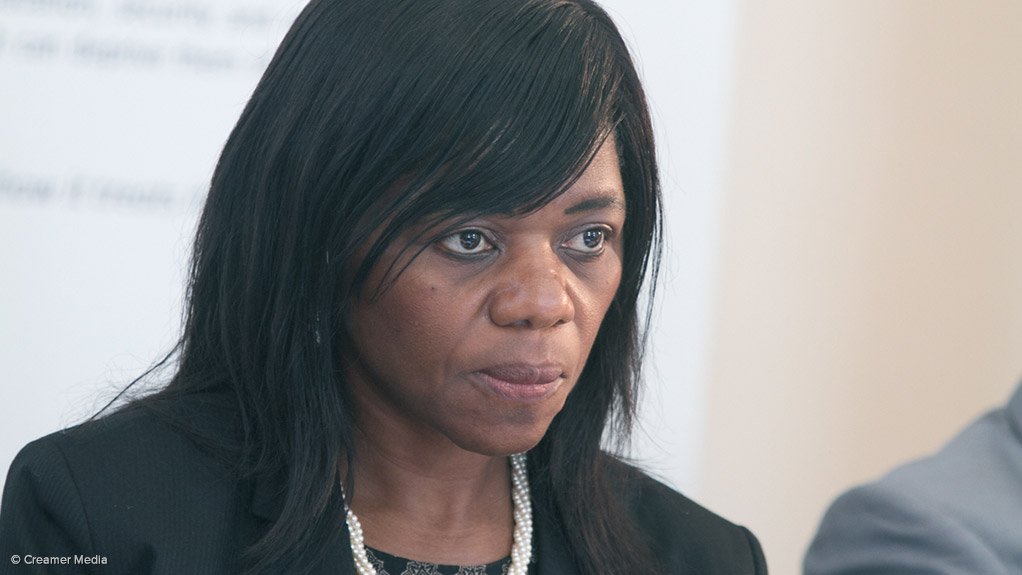Corruption in South African society is the cause of graft in the public sector, Public Protector Thuli Madonsela said on Friday.
"If there was no corruption in society there would not be corruption in the public sector," she said in a speech prepared for delivery at a Unisa annual Spring Law Conference in Magaliesberg on Thursday.
"Corruption is not a public sector problem, it is a societal problem."
South Africa was exemplary in that it had multiple accountability mechanisms which ensured that when one system failed, another could intervene, she said.
Madonsela said a strong Constitution and governance systems limited opportunities for corruption.
She said until recently senior government leaders and her staff had the same understanding of her office's constitutional mandate.
Last Friday opposition parties withdrew from the parliamentary committee dealing with the fallout on upgrades to President Jacob Zuma's Nkandla homestead.
They walked out after the ANC refused to agree to call Zuma to answer questions, or to enforce Madonsela's directive that he repay that portion of the R246-million spent on refurbishments not related to security.
African National Congress MP Mathole Motshekga told the committee last Thursday that most legal minds agreed with the president's view that the public protector's recommendations were not binding.
On Friday, Madonsela said complaint mechanisms such as her office were founded on an understanding of the importance of accountability in a democracy.
She was referring to a speech made by former president Nelson Mandela, where he explained the inclusion of several complaint mechanisms in the Constitution.
In a speech by Zuma at the launch of the African Ombudsman Research Centre in March 2011, the president affirmed the role of her office, she said.
He said the public protector's role was to ensure citizens were "protected from violations of their rights, the abuse of power, negligence, unfair discrimination and maladministration".
According to an ANC document titled "Building a United Nation" the Constitution should empower the poor and vulnerable and enforce their rights by creating a human rights commission and a public protector.
She told lawyers the starting point of understanding constitutional democracy, was grasping the difference between parliamentary and constitutional supremacy.
In the former, parliament had the final say, whereas in the latter the constitution, as interpreted by the courts, did.
EMAIL THIS ARTICLE SAVE THIS ARTICLE
To subscribe email subscriptions@creamermedia.co.za or click here
To advertise email advertising@creamermedia.co.za or click here











